Most people have experienced bloating, that uncomfortably stuffed feeling in your stomach that happens when you're feeling gassy. But while bloating normally subsides in people, it can be deadly in dogs.
"Bloat is one of the more common major illnesses that we see," Jessica Romine, DVM, a veterinary internal medicine specialist with BluePearl Specialty and Emergency Pet Hospital in Southfield, Mich., says. "If your dog has signs of bloat, it's always an emergency."
Learn what you should watch for and the steps you can take to prevent bloat from happening in your pup.
What is Bloat in Dogs?
Bloat occurs when gas, food, or liquid gets trapped in the stomach and expands. Bloat can cause the stomach to grow so big that it takes up the entire abdomen space—even getting as large as a basketball in some dogs.
Pressure from a ballooning stomach pushes on the lungs, making it difficult for the dog to breathe. The pressure also narrows both ends of the stomach, keeping contents from escaping. Your dog's stomach isn't able to empty into the intestines or by vomiting or burping.
The most dangerous situation is when the stomach twists over on itself—like a wet towel being wrung out—and cuts off blood flow to vital organs like the heart and spleen. This condition is called gastric dilation volvulus (GDV), gastric torsion, or twisted stomach, and without treatment, it's almost always fatal.
What Are the Signs of Bloat in Dogs?
There's a time and place for watchful waiting at home, but not for dog bloat. The condition has a rapidly progressing timeline. If your dog has signs of bloat, you should seek treatment right away. Tufts University School of Veterinary Medicine warns that the condition can become life-threatening within one to two hours.
The American College of Veterinary Surgeons (ACVS) notes that signs of bloat may initially start with your dog being restless or pacing. It's common for dogs with bloat to drool and have dry heaves, which may bring up a small amount of foam or mucus. You might also notice a swollen belly, but it can be difficult to see in bigger or overweight dogs, Romine says.
As bloat progresses, symptoms worsen and include:
- Whining
- Excessive drooling
- Frequent dry heaves
- Panting
- Shallow breathing
- Collapse
You won't be able to tell what stage of bloat your dog has by symptoms alone. X-rays are needed to determine if your dog's stomach has twisted.
"If your dog suddenly becomes agitated or painful and is trying to vomit, see a veterinarian immediately," Romine advises. "Time is of the essence with these cases." The AKC Canine Health Foundation says that with early treatment, more than 80 percent of dogs with bloat survive.
How is Bloat Treated?
There's no at-home treatment for dogs with bloat. It's an emergency that requires veterinary care as soon as possible. Depending on how advanced the condition is, your vet's treatment of bloat can involve several steps:
Step 1. Stabilization and Diagnostic Tests
Many dogs with bloat go into shock, so the first step is stabilizing your pup's vitals with intravenous (IV) fluids. Your veterinarian will also run tests and take x-rays, which will reveal if the stomach is just bloated or if it's twisted as well. Your dog may also need an echocardiogram (ECG) to evaluate heart function since bloat causes abnormal heartbeats in about 40 percent of dogs.
Step 2. Emptying the Stomach
If your dog's stomach hasn't twisted yet, the goal is to relieve mounting pressure by emptying the stomach. Your vet will sedate your dog and then pass a tube down to the stomach to pump out the contents. An alternative procedure releases air by inserting a needle through the skin into the stomach.
Step 3. Surgery
It's common to follow stomach emptying with gastropexy, a surgery that prevents bloat. The procedure involves attaching the stomach to the abdominal wall to keep it from twisting. "If the stomach is only decompressed but not surgically tacked in place, there's a 75 percent chance your dog will develop bloat again," Romine says. "But with gastropexy, that rate drops to 6 percent."
When the stomach is twisted, your dog will definitely need surgery to untwist it. Your vet will also remove damaged tissue in the stomach or spleen. Once the immediate danger has been taken care of, your vet can then perform a gastropexy.
Are There Risks That Increase a Dog’s Chances of Getting Bloat?
Although bloat has been widely studied, researchers still don't fully understand why it happens. But they do know that biggest factor is dog breed. Any dog can develop bloat, but large and giant breed dogs are prone to it. The theory is that dogs with deep, narrow chests have more room in their abdomen for the stomach to move around and get twisted.
"Overall, about 5.7 percent of dogs will develop bloat," Romine says. "But that goes up to 20 percent for dogs weighing 100 pounds or more. Great Danes have the highest risk of all—42 percent of them develop bloat if they don't have a preventative gastropexy."
Other breeds that are often affected include:
- Akitas
- Bloodhounds
- Boxers
- German shepherds
- Irish setters
- Irish wolfhounds
- Saint Bernards
- Standard poodles and their mixes like goldendoodles and Aussiedoodles
- Weimaraners
- Being older (over three years for giant breeds; over five years for large breeds)
- Consuming dry food with high fat or oil content
- Eating one large meal a day
- Going through a stressful event (such at a boarding kennel)
- Gulping down food
- Having a nervous or reactive demeanor
Is Bloat Preventable?
If you're concerned about your dog's risk factors, there are things you can do to help prevent bloat. A preventative gastropexy is the most effective way to ensure your dog doesn't get GDV, the fatal progression of bloat.
"[A gastropexy] can be done at the time of spay or neuter or as a separate procedure," Romine says. "It's highly recommended for particularly high-risk dogs like Great Danes."
What and how you feed your dog can make a difference too. Experts once thought that raised feeding bowls could help prevent bloat, but new research suggests that using them might actually increase risk. However, there are other mealtime changes that may be helpful. Instead of feeding your dog one large meal, divide it into two or more meals a day, Romine suggests.
As for the food itself, a diet that's rich in protein and carbs is best. Mixing canned and dry food could help. But Romine recommends avoiding dry food that lists fat or oil as one of the first four ingredients since diets with high fat or oil content are associated with increased risk of bloat. Serving smaller-size kibble may also be beneficial.
Taking preventative measures is a great way to avoid bloat. Talk to your veterinarian about your dog's risk and the best diet for your pet. Remember though, the most important thing you can do is keep an eye out for worrisome signs. If you spot them, take your dog to the vet right away.

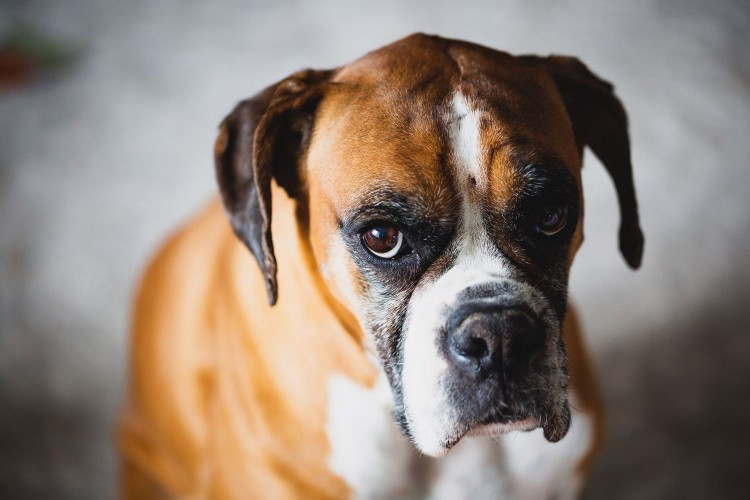
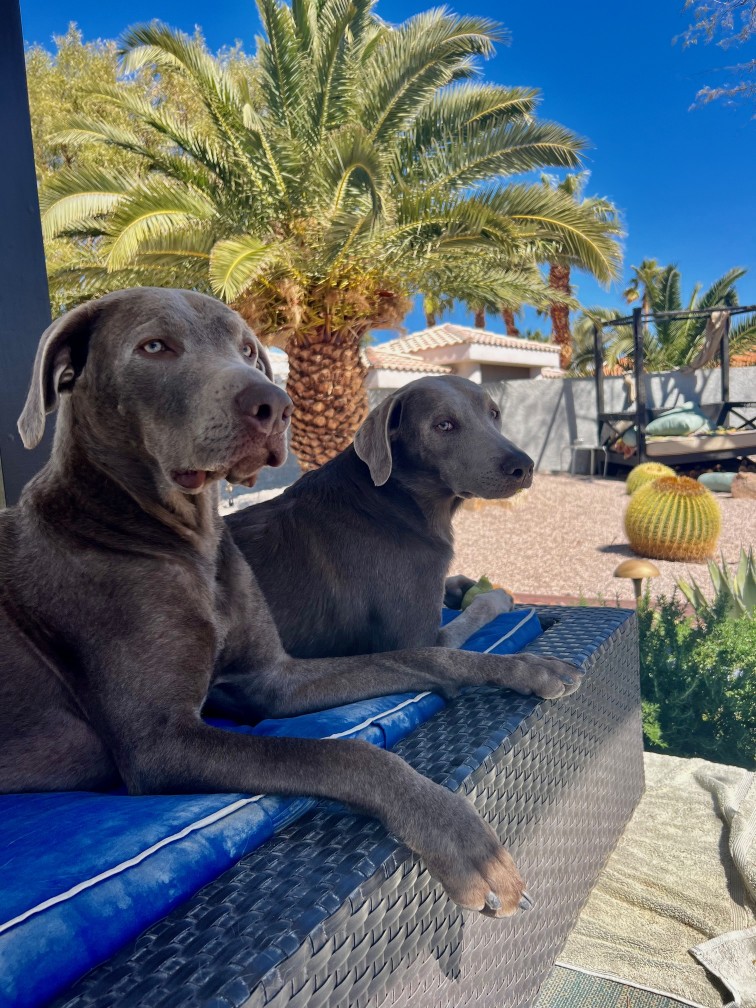
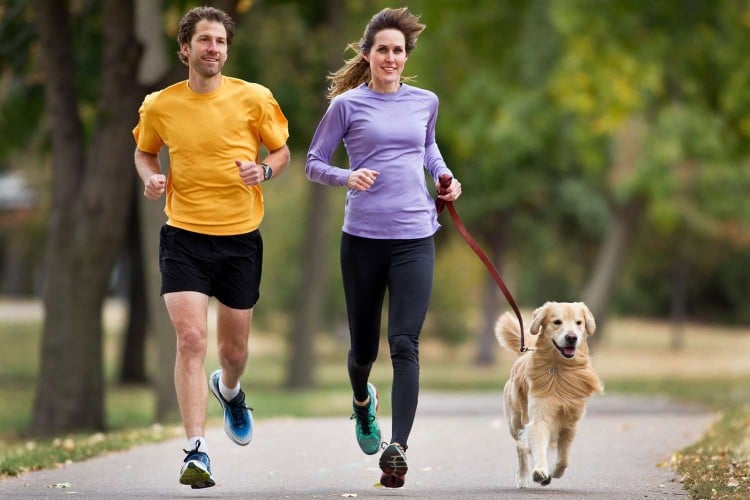
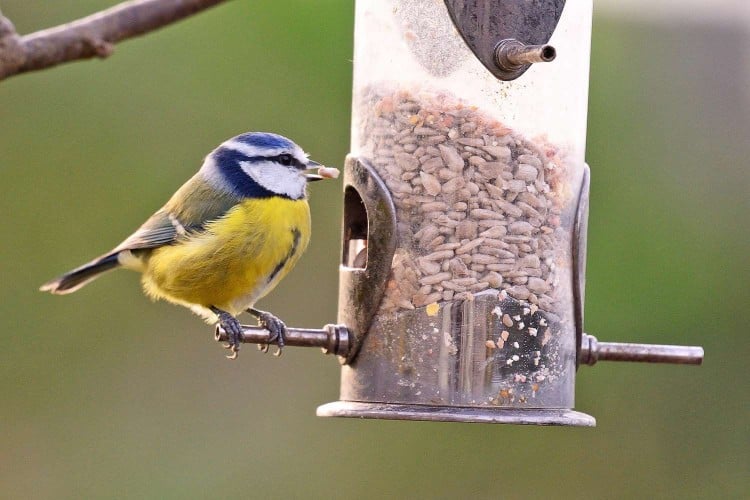
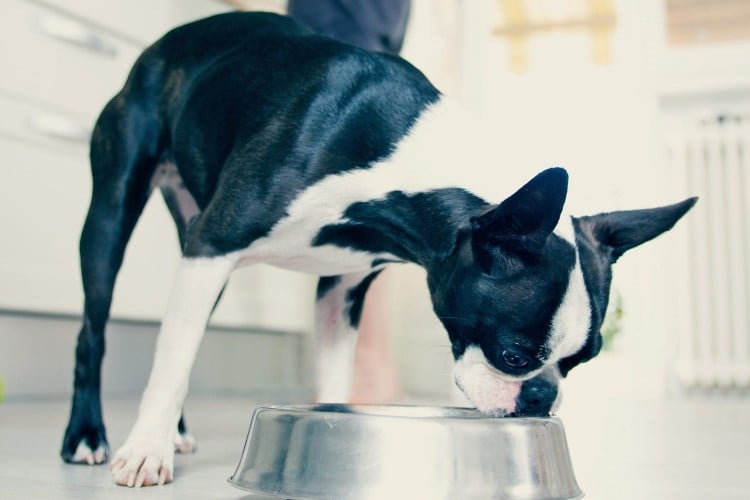
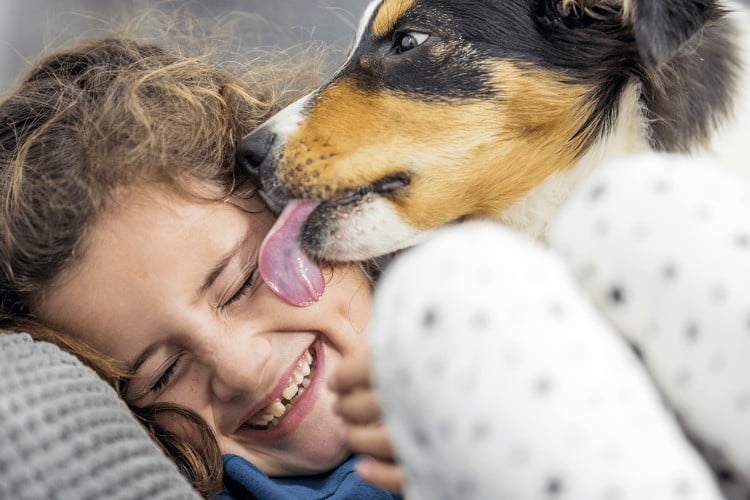
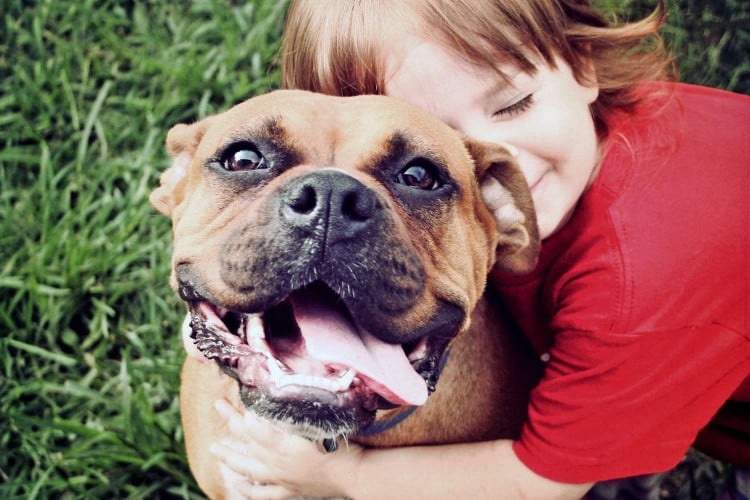


Comments on " Is Your Dog at Risk of Bloat? Here’s What You Need to Know" :